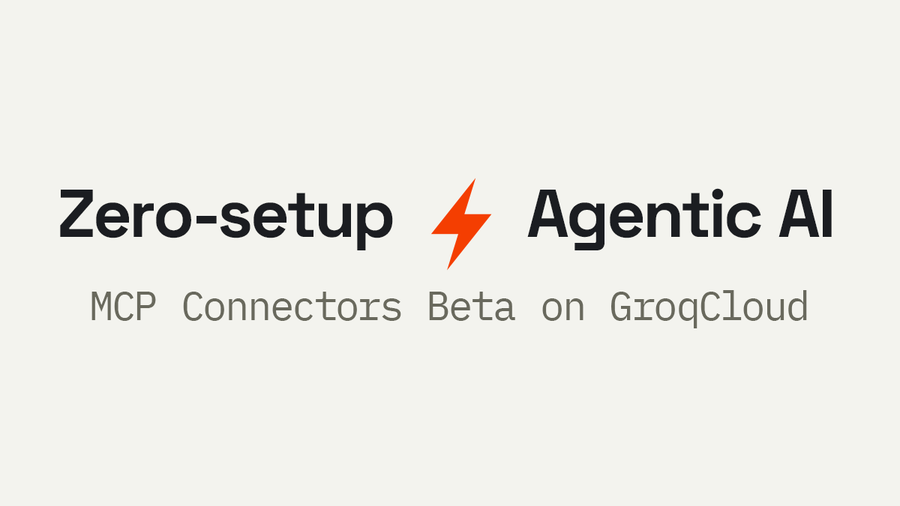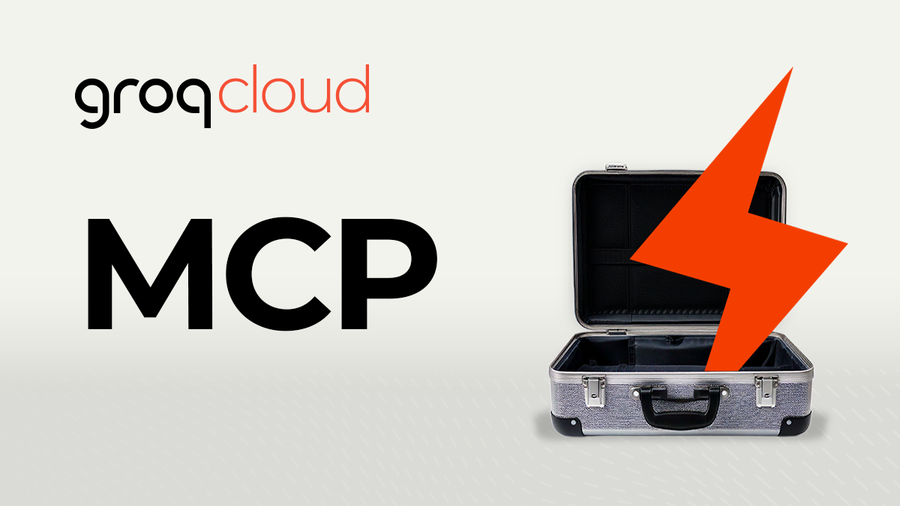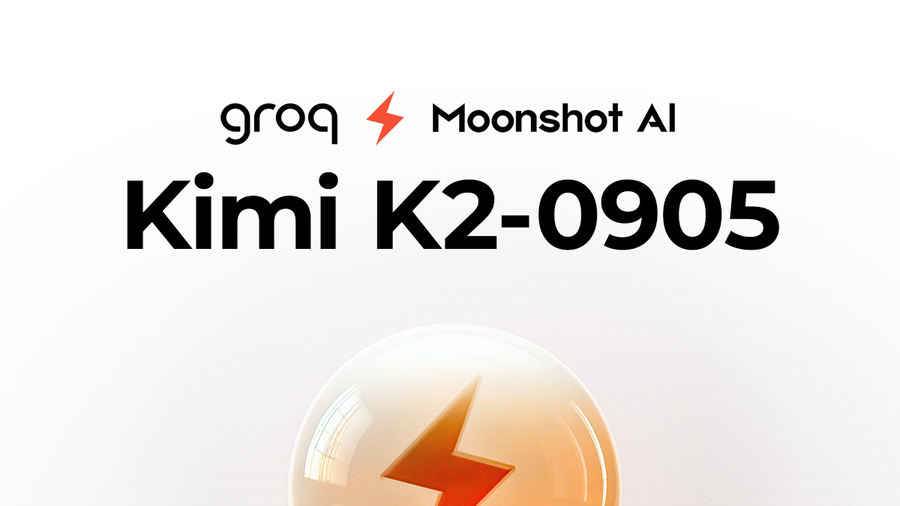
Blog

Inside the LPU
Deconstructing Groq's Speed
Legacy hardware forces a choice: faster inference with quality degradation, or accurate inference with unacceptable latency. This tradeoff exists because GPU architectures optimize for training workloads. The LPU–purpose-built hardware for inference–preserves quality while eliminating architectural bottlenecks which create latency in the first place.


Advancing the American AI Stack

Groq Recognized in 2025 Gartner® Cool Vendor in AI Infrastructure report

Introducing MCP Connectors in Beta on GroqCloud

Day Zero Support for OpenAI Open Safety Model

LLMs Inside the Product: A Practical Field Guide

GPT‑OSS Improvements: Prompt Caching & Lower Pricing

Introducing Remote MCP Support in Beta on GroqCloud

Introducing the Next Generation of Compound on GroqCloud

Introducing Kimi K2‑0905 on GroqCloud

Introducing Prompt Caching on GroqCloud

Day Zero Support for OpenAI Open Models

Inside the LPU: Deconstructing Groq’s Speed

OpenBench: Reproducible LLM Evals Made Easy

Build Faster with Groq + Hugging Face

GroqCloud™ Now Supports Qwen3 32B

LoRA Fine-Tune Support Now Live on GroqCloud

From Speed to Scale: How Groq Is Optimized for MoE & Other Large Models

How to Build Your Own AI Research Agent with One Groq API Call

Official Llama API Now Fastest via Groq Inference

Now in Preview: Groq’s First Compound AI System

Llama 4 Inference Fast & Affordable – Now Live on GroqCloud

Build Fast with Text-to-Speech AI – Dialog Model on Groq

Groq Vercel Integration – Fast AI Deployment
1